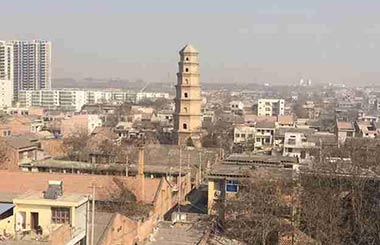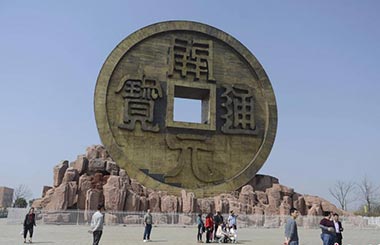Translations of Nanjing Massacre book on stands now
By Wang Kaihao ( China Daily ) Updated: 2016-03-09 08:01:09
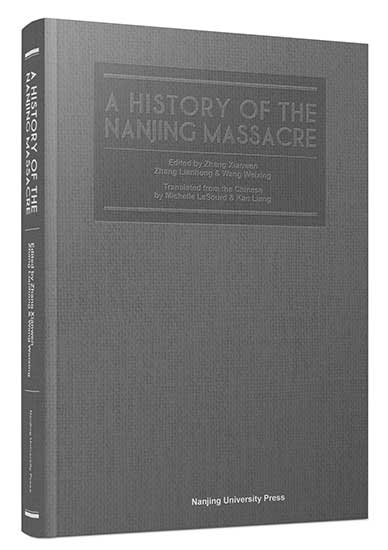 |
|
Visitors view exhibits at the Memorial Hall of Victims of Nanjing Massacre in Nanjing.[Photo by Yang Suping/CFP] |
"Translating the book was also a process of coming to terms with the reality of the Nanjing Massacre atrocities themselves," she says.
"As an American who had lived and studied in Nanjing, I was not unfamiliar with the Nanjing Massacre, but had managed to avoid much of the brutal detail."
Nevertheless, while immersing herself in the book project for months, that was no longer possible.
"As I translated hundreds of descriptions of killing, rape, burning and looting meticulously documented by Chinese, Western and Japanese sources, I had to find time to turn away from the text and process my emotions.
"I could not help but ponder the tragic fact that similar acts of brutality continue to occur in various places around the world at any given moment," LeSourd says.
For translator Liang Kan, an associate professor of history and associate dean at Seattle University who graduated from Nanjing University, the English translation will help people better understand the massacre abroad.
"I believe that the Nanjing Massacre helps us understand how politics and geopolitics impact history research and learning," he says.
"The US-Japan alliance during the Cold War also discouraged, if not completely prevented, this dark piece of history from coming to light.
"It is our sincere hope that this historical work and its translated editions contribute to humanity's understanding of the nature of war and what can be done to prevent it," Liang says.
A Korean translation of the book is expected to be released in 2017.
|
|
|
|
|
|
|
|
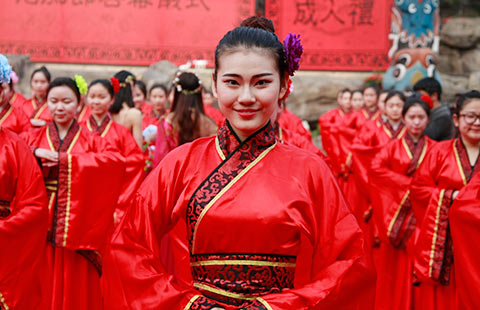


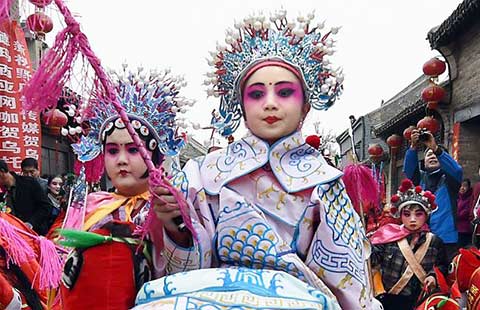
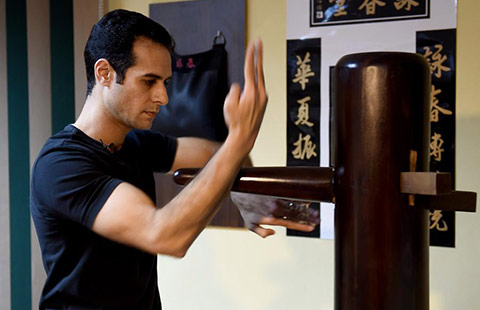








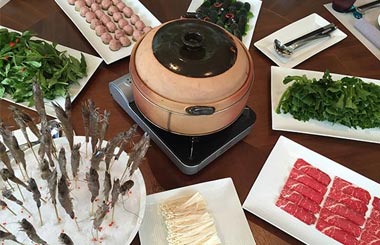







 Raymond Zhou:
Raymond Zhou: Pauline D Loh:
Pauline D Loh: Hot Pot
Hot Pot Eco China
Eco China China Dream
China Dream China Face
China Face
